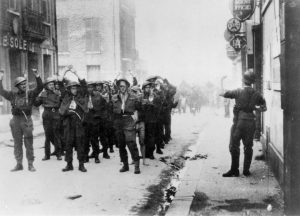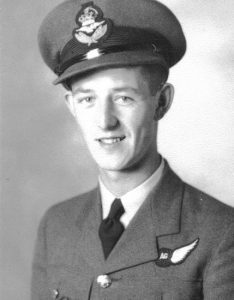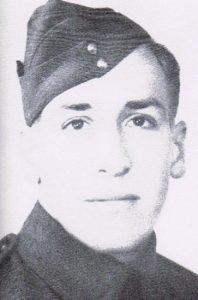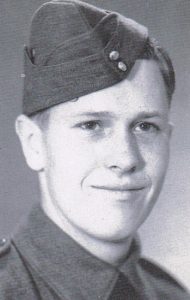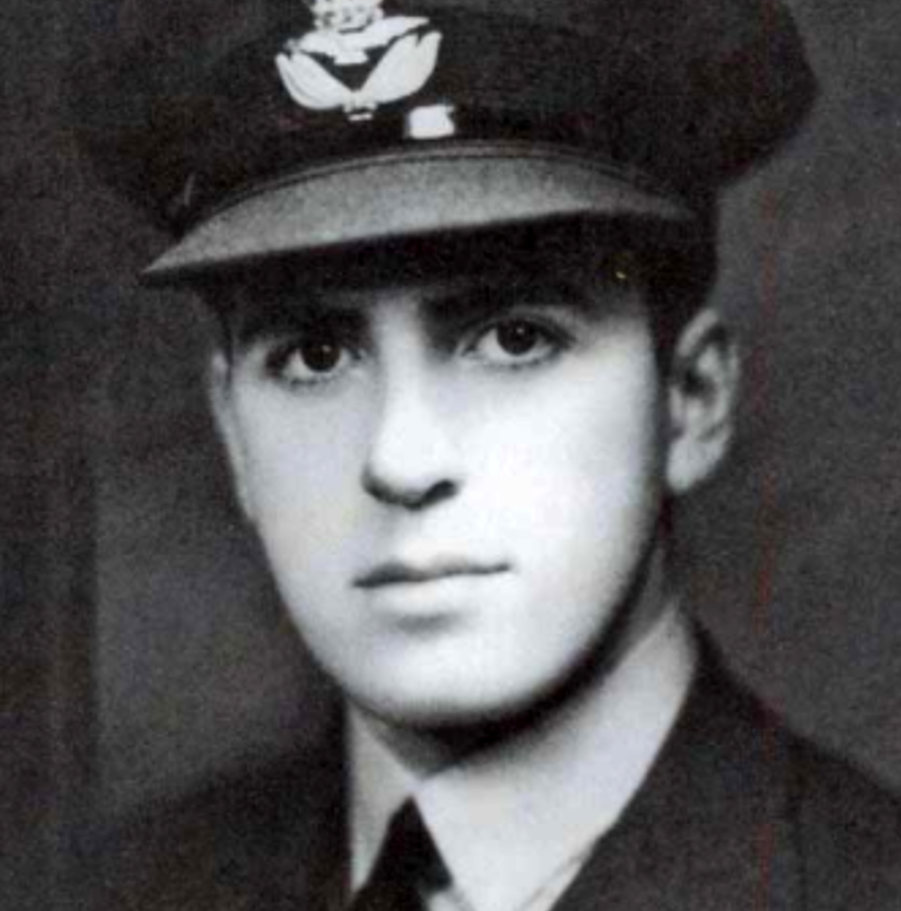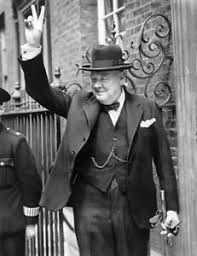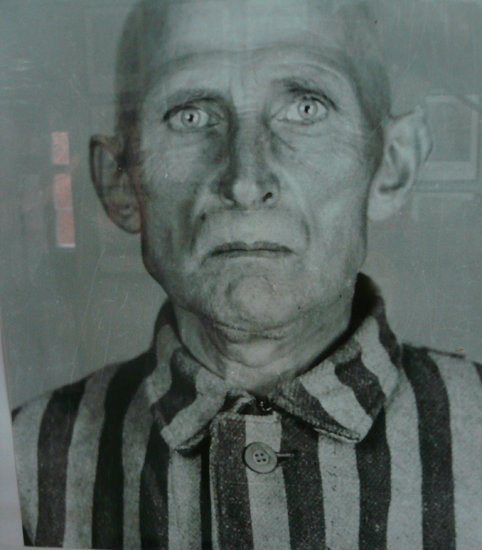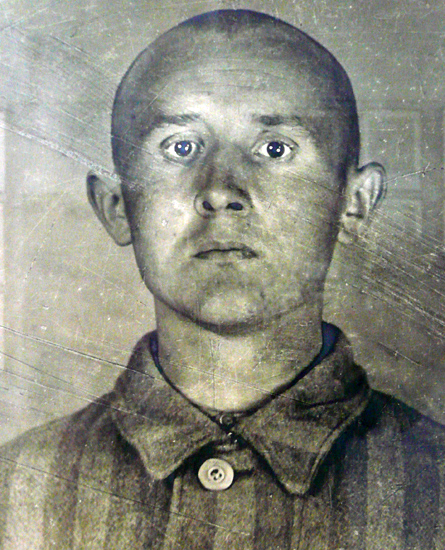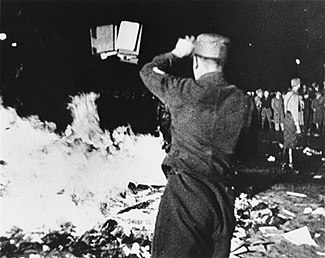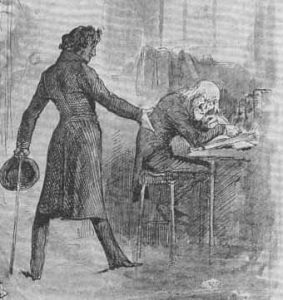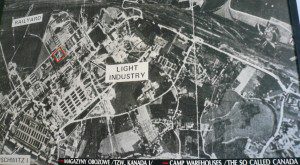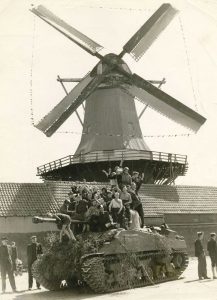
In the last spring of the Second World War, Dutch citizens sensed that five years of Nazi occupation might soon be over. On May 4, 1945, the Allies would force German armies to surrender and restore freedom to millions of Dutch people.
At the time, five-year-old Harry Beukeboom, along with 18 siblings, lived on a farm outside Amsterdam. During that last “hunger winter” of 1945, his parents hid enough food from the Germans to keep the family alive.
“One morning, my dad and oldest brother were out milking cows,” explained Beukeboom on a recent Liberation tour to the Netherlands. “All of a sudden, a bomb hit the ground about 200 metres from them. Shrapnel missed him … but killed a cow in a neighbour’s barn.”
Young Harry couldn’t understand why an Allied bomber “tried to kill us. … Years later, I learned from air force veterans that the bomber likely released its bomb over countryside because the crew and plane were in peril.” (more…)
